1 minute, 36 seconds, over 10 billion;
One hour, three minutes, 59 seconds, 100 billion.
On this year's double 11, we expect to generate 2.25 billion express packages,
The average person in the country throws away about two express bags,
About 30000 tons of plastic were then transported to the dump

From plastic planet
The problem of express packaging garbage is nothing new,
Almost every year, it made headlines in all major media.
Why can't the problems reported every year be solved?
How serious is the problem of plastic waste?
In the 2016 documentary "plastic planet", Dr. Boote found that there are more and more dead birds by the sea.
When she cut open the belly of the dead bird, she saw a full of plastic.
These birds mistakenly use plastic as food. They are so full that they can't get anything in. They can only starve to death in the struggle.


From plastic planet
In recent years, there are more and more news that animals died by eating plastic by mistake.
In Nara Park, a tourist resort in Japan, 14 deer died in a row.
The direct cause of death of three deer was "eating by mistake" various plastic bags discarded by tourists.
The plastic bags are lumped in the stomach, weighing up to 4.3kg, equivalent to the weight of 20 9-inch pizzas.
In April 2019, on Sardinia, Italy, a whale kept rushing to the coast, trying to strangle itself.
It is in the "one-sided pursuit of death", the surrounding sea water is dyed red by blood water.
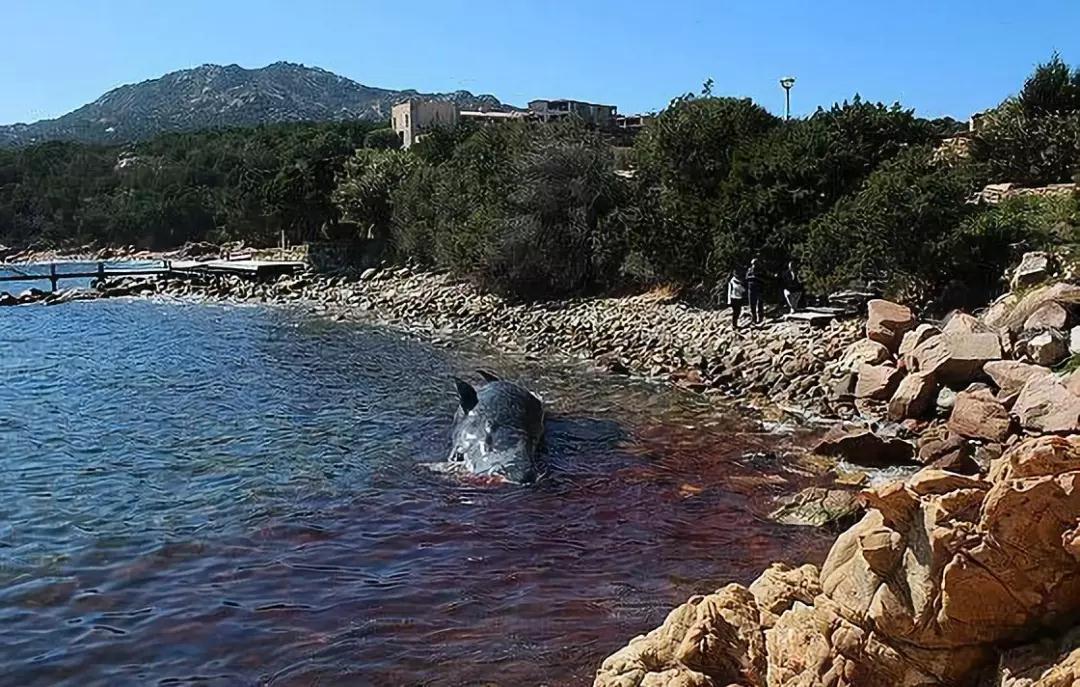
After dissection, it was found that there was a baby whale to be born in its body.
In addition to this small life, there are 44 Jin plastic bags, accounting for two-thirds of the stomach capacity.
As the saying goes, "to be a mother is just". If it's not too painful to live, how can a whale mother willing to kill herself with her unborn baby.

A whale mother who killed herself with a baby
It's not the only case that whales die from eating plastic.
On the Bank of wakatopi, Indonesia, a sperm whale has died in agony from more than 1000 plastic waste in its belly.
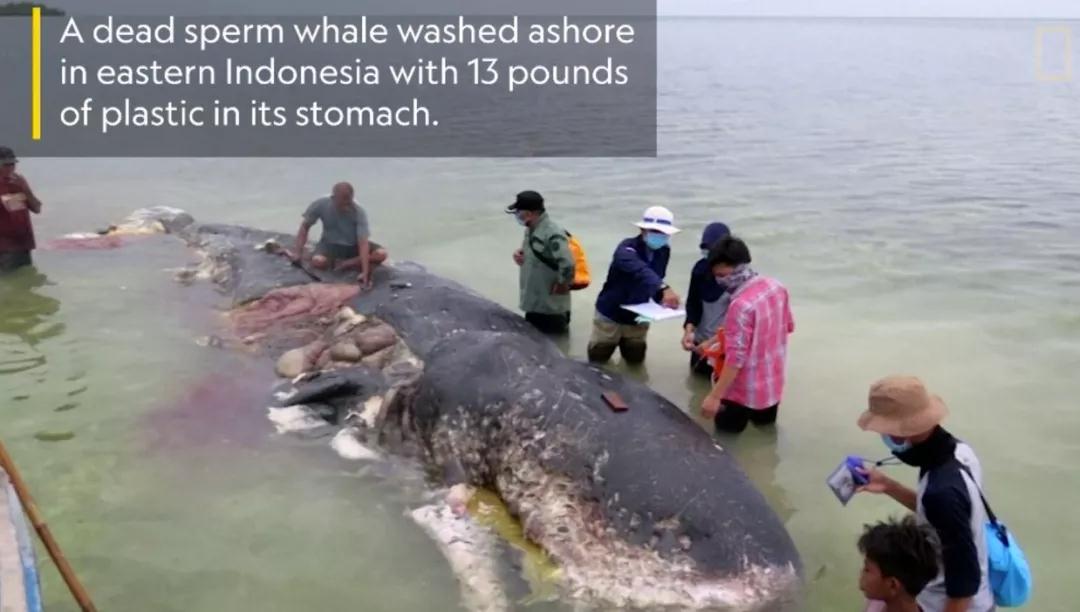

You know, sperm whales are the strongest toothed whales in the world, and male sperm whales are also the most ferocious marine creatures known to mankind.
But in the face of humans, it unleashed the greatest goodwill, and scientists photographed the sperm whale's close interaction with humans.
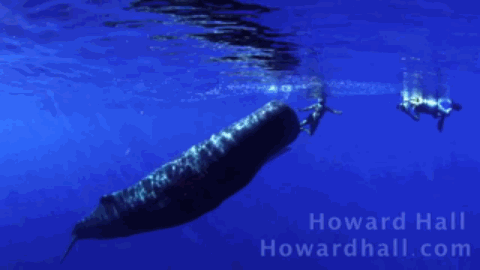
Human beings stand at the top of the biological chain, in order to be convenient and pleasant, they have no scruples to consume and discard.
In the face of selfishness, strength and friendliness are vulnerable.
A body of sperm whale weighing about 6 tons and 10 meters long has been washed ashore by the sea in Spain.
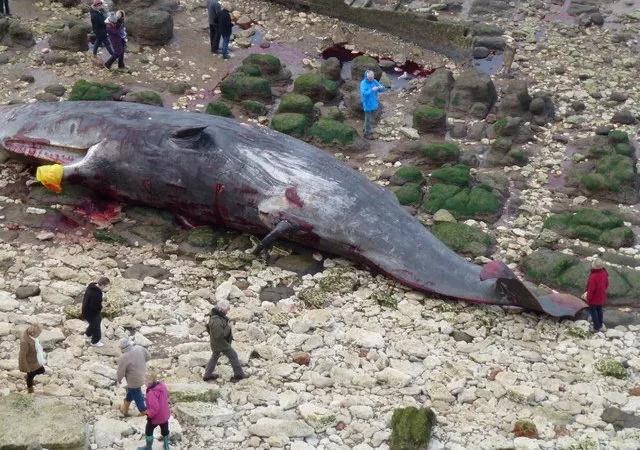
There are more than 100 plastic bags in its stomach, which are still intact even though they have been corroded black by stomach acid.
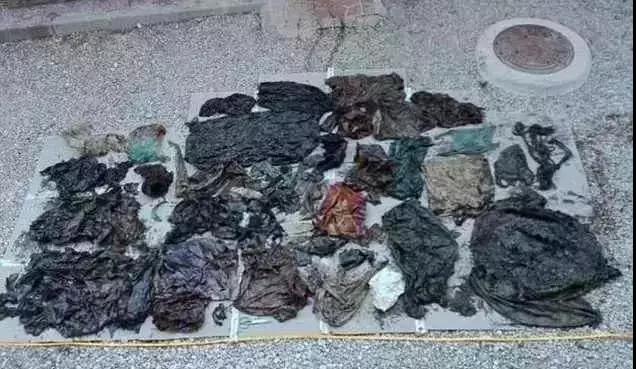
Take it out of the sperm whale's stomach and put it in a plastic bag
Selected from the original element
Thailand has found a dying whale. After vomiting five or six plastic bags, it left.
The plastic bag found in its stomach is filled with a whole laboratory
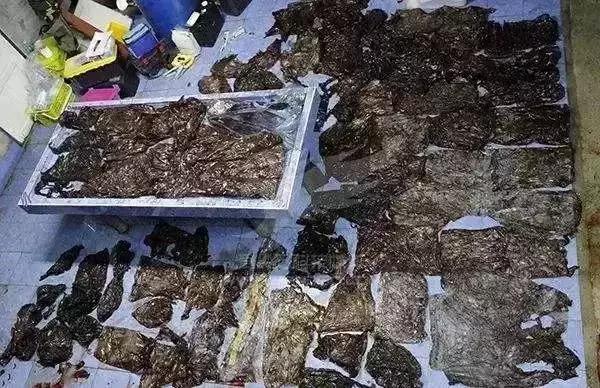
Intestines and black plastic bags of Thai giant whale
Whales killed by plastic waste are found in different sea areas every year, and the number is increasing year by year.
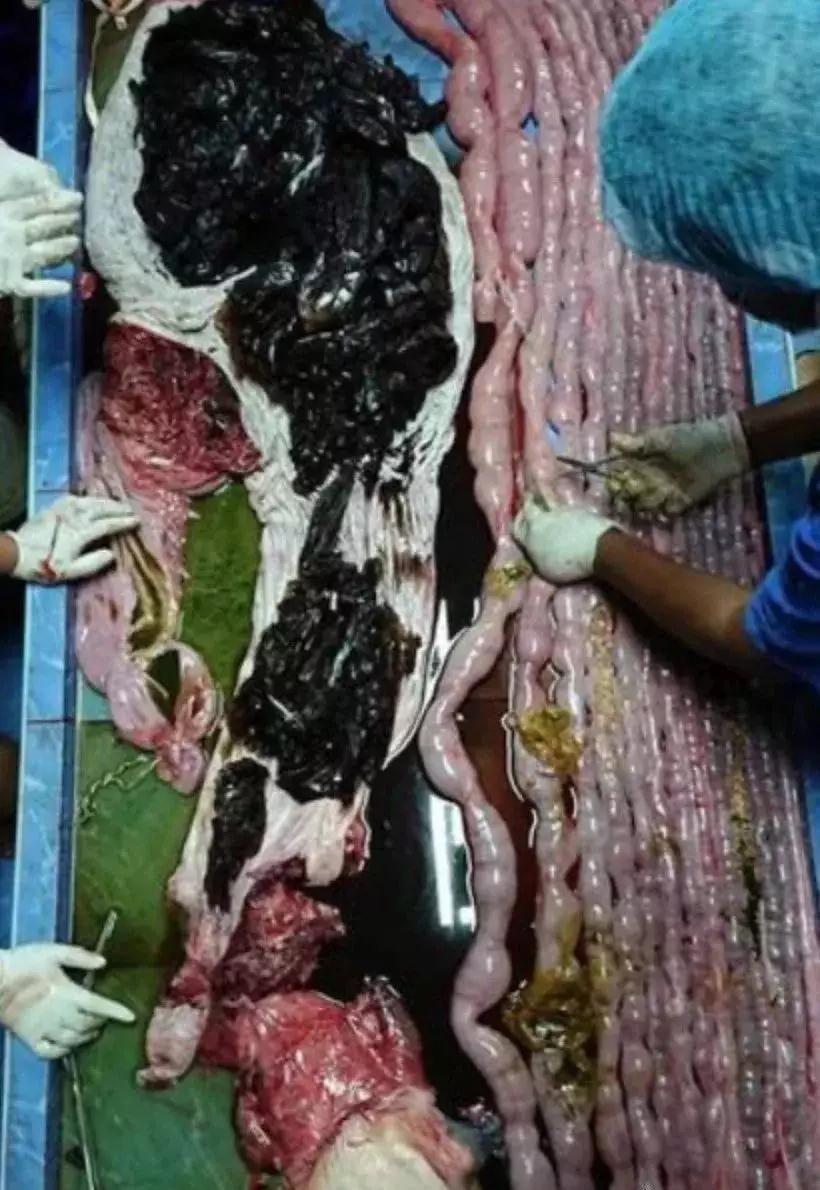
The garbage that people throw away at will may cost animals their lives.
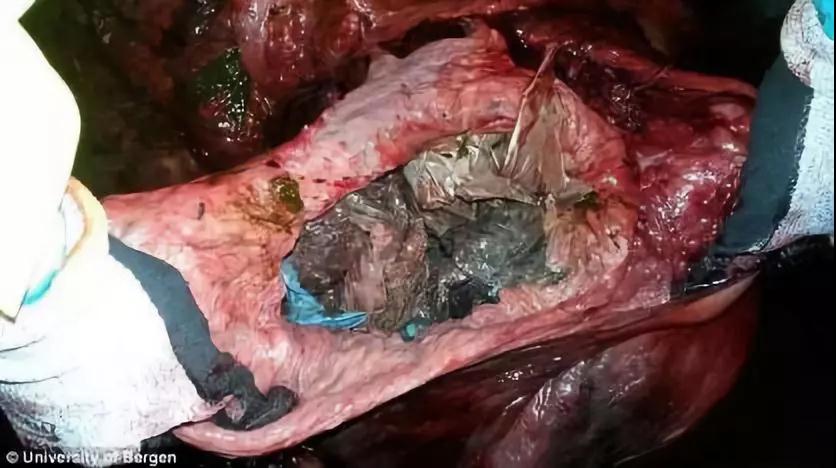

There are not only animals, but also vulnerable groups directly affected by plastic waste.
In 2017, China issued a law banning the import of foreign waste.
Unexpectedly, the ban made many developed countries panic.
South Korea has nowhere to go and piles up plastic waste.
The rubbish was on fire, burning for five months without stopping.

South Korea has a series of hazes.
Selected from look at the news
There's nowhere to go for American garbage, and the government doesn't know what to do.
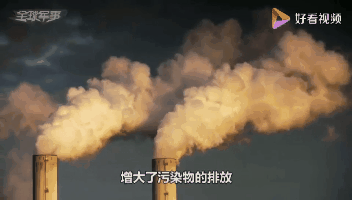
From vox.com
There's nowhere to go and there's no way to get rid of British garbage, so we have to export it to another country.
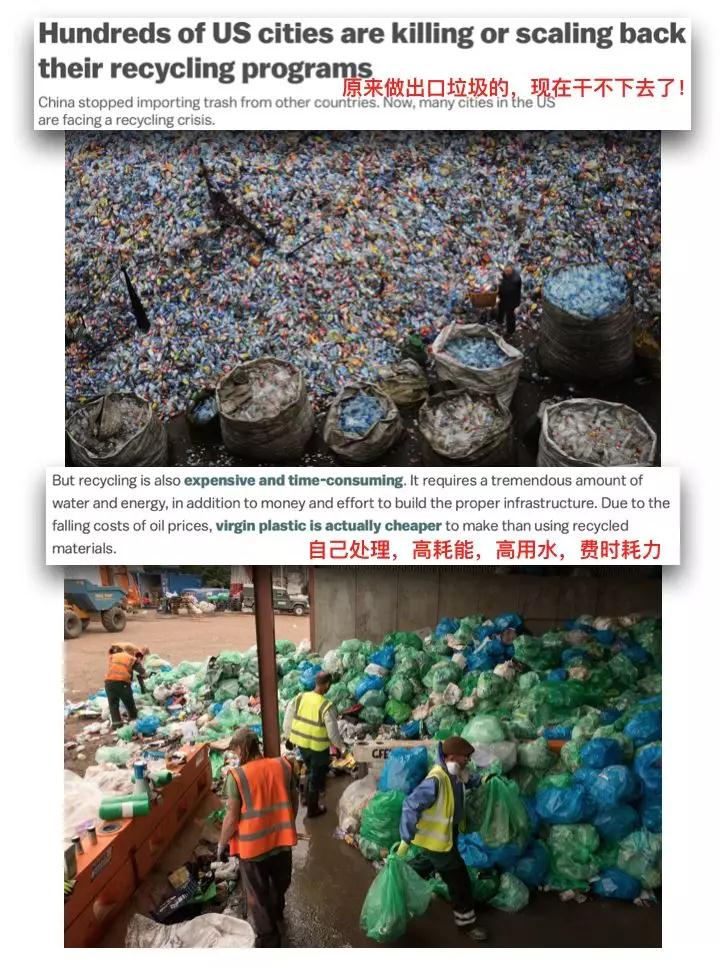
From chinadaily.com.cn
Australia also does not have a sound waste treatment facilities, a large number of waste storage.
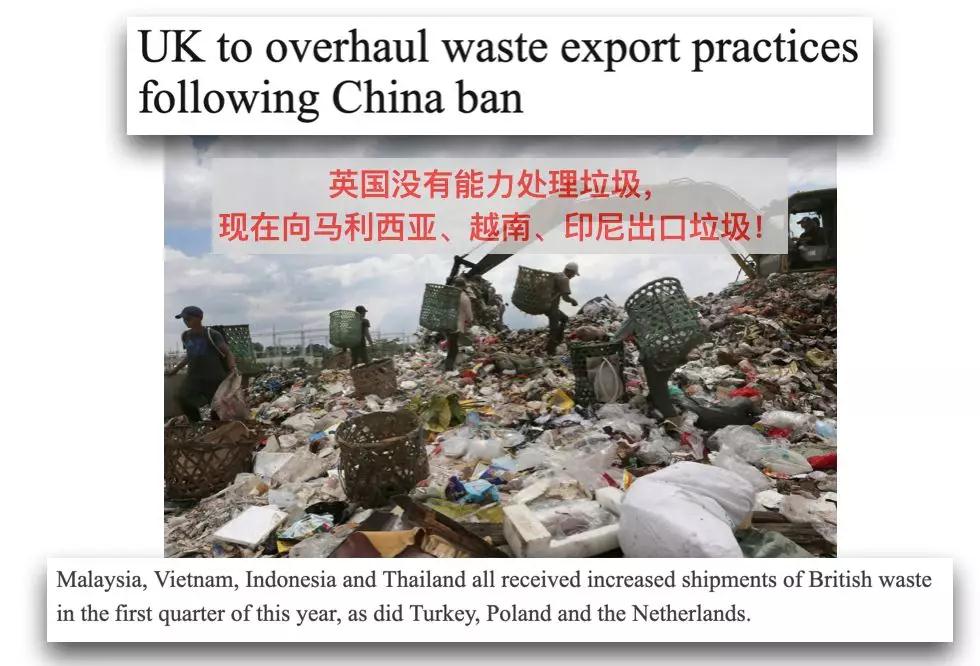
From iqrenew.com
Once upon a time, China was poor and its labor was cheap.
We are not only the world's factories, but also the world's garbage.
As long as the garbage is generated, there must be a place, where will it go?
Garbage will go to the poorer people. Because it's hard for them to think about the future, and they care more about their food and clothing today.
Two thirds of the world's waste has been packed and sent to China.
The documentary film "plastic kingdom" tells the story of a village in China that specializes in processing imported foreign garbage.
The children have lived in the garbage since they were born and are used to everything around them.
The mother carries the baby as she disposes of the garbage.
Not noticing that flies treat their children like garbage.
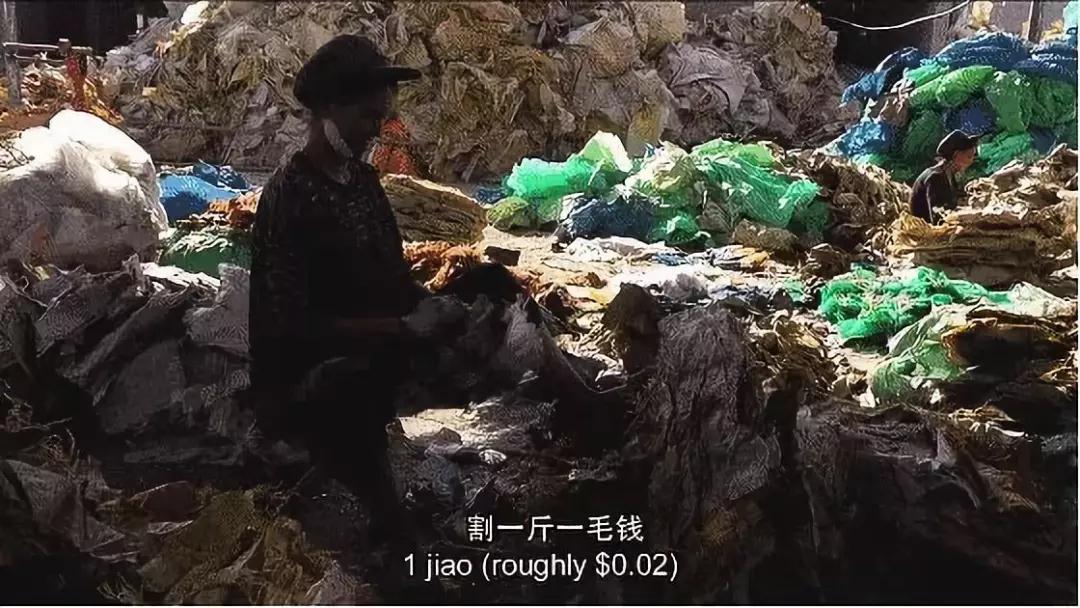
From the plastic Kingdom
The naughty boy found an abandoned needle in the garbage and excitedly pumped it as a new toy.
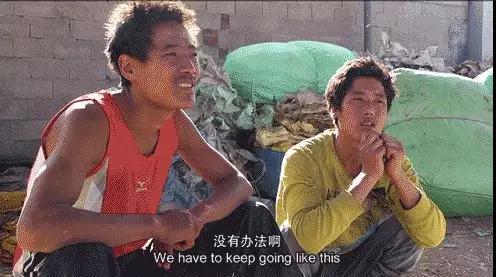
From the plastic Kingdom
Lovely little girl, at the age of Aimei, can only wash and gargle with the waste water.

From the plastic Kingdom
The villagers sort the garbage by their hands, and there are all kinds of dirty things in the garbage.
Used sanitary napkins, half the drugs, even blood stained needles.

From the plastic Kingdom
Villagers sacrifice their bodies and pollute the environment. In return, they earn thousands of yuan a month.
They know it's not good for their health.
But in order to earn money, where can we manage so much?
Living is the most important thing.
After China's ban, developed countries will transport their indigestible garbage to other developing countries, mainly Asian countries.
However, these countries are also aware of the cost of environmental pollution is how much money can not make up, and have issued the order to return foreign garbage.
We rejected foreign garbage, but where did our own garbage go?
Are vulnerable groups still suffering for us?
If one day we can't digest our own garbage, will we also export it to poor countries in Africa?
After blaming the irresponsible developed countries, do we have the courage to face ourselves?
02
The plastics we throw away are endangering our lives
All the plastics we throw away will be returned to us in a new way.
The plastic in the ocean splits into microplastics that attach to mayflies.
Shrimp eat mayfly, small fish eat shrimp, big fish eat small fish.
And humans eat fish.
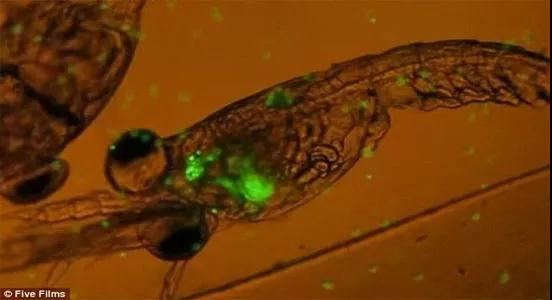
Plankton ingests fluorescent plastic particles
Selected from Plymouth marine laboratory, UK
In May 2019, WWF released a new research report.
We eat 5g of microplastics a week, which is equivalent to eating a credit card a week.
More worrisome are various additives in plastics, such as phthalates, bisphenol A or PBDEs.
They can do harm to human health by changing endocrine function.
For example, inhibiting the action of testosterone.
Dr. Levin from Hebrew University found that:
In the past 40 years in western countries, the sperm concentration of men has decreased by 52.4% and the total number of sperm has decreased by 59.3%.
If the number of human sperm continues to decline at the current rate, humans may be extinct.
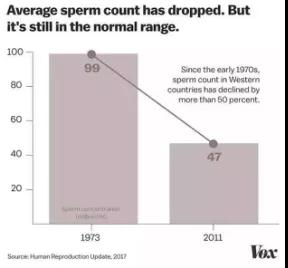
The number of sperm in western countries dropped by more than 50%
According to the mainstream hypothesis theory:
In the past 50 years, with the rise of chemical industry, the number of chemicals entering the natural environment has increased significantly, especially plastics.
Most of the food people eat is stored and produced in plastic.
The daily use of cream, cosmetics, household cleaners and so on also contain plastic substances.
They quietly infiltrate our food and water, enter the environment, and return to the human body through the food chain.
Illustrations from the New York Times report
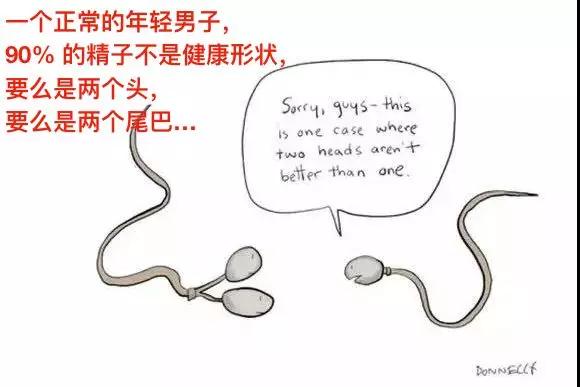
In January 2019, Peking University published research results that:
In 2010 alone, there were 2.5 million cases of male infertility, adult obesity and diabetes caused by the leakage of phthalate chemicals;
Among them, phthalate ester has the most significant effect on male infertility.
Plastic waste pollution concerns everyone, no one can survive.
http://www.get-recycling.com/>
http://www.get-recycling.com/solutions_show.asp?id=12>
http://www.get-recycling.com/solutions_show.asp?id=11>
http://www.get-recycling.com/solutions_show.asp?id=8>

